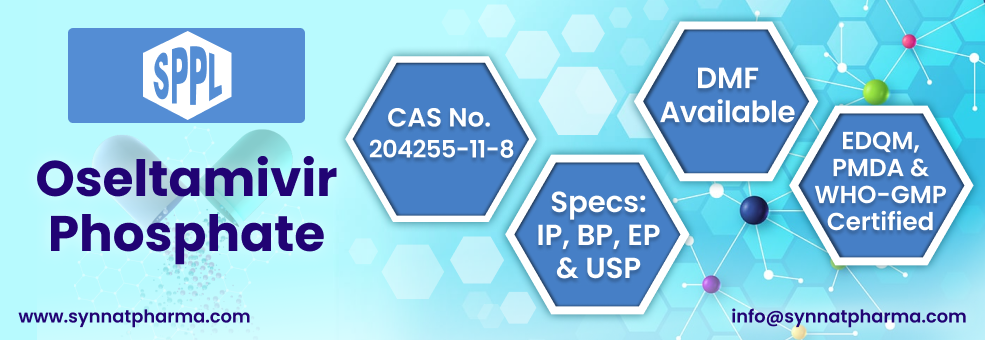


14 Aug 2024
// GLOBENEWSWIRE
https://www.globenewswire.com/news-release/2024/08/14/2930011/0/en/Cocrystal-Pharma-Reports-Second-Quarter-2024-Financial-Results-and-Provides-Updates-on-its-Antiviral-Drug-Development-Programs.html

01 Jul 2024
// ACCESSWIRE

24 Jun 2024
// ACCESSWIRE

01 May 2024
// FDA
https://www.accessdata.fda.gov/scripts/cder/daf/index.cfm?event=overview.process&ApplNo=218565

28 Feb 2024
// FDA
https://www.pharmacompass.com/pdf/news/enforcement-report-week-of-february-28-2024-59068.pdf

14 Feb 2023
// FDA
https://www.accessdata.fda.gov/scripts/cder/daf/index.cfm?event=overview.process&ApplNo=215538
